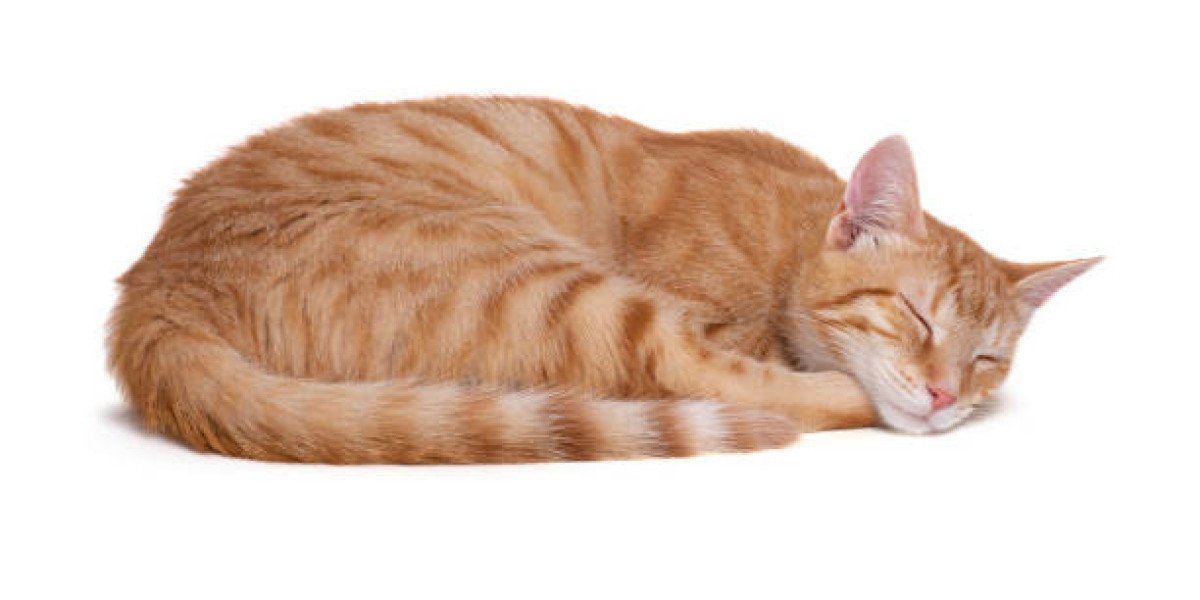Can cats get colds with respiratory infections, but they are not susceptible to the common cold that affects humans. This misconception might arise because the symptoms of feline upper respiratory infections can resemble those of a cold in humans, such as sneezing, coughing, and nasal discharge.
Feline upper respiratory infections are often caused by viruses, including feline herpesvirus and feline calicivirus, and can also be bacterial in nature. These infections are highly contagious and can spread rapidly among cats, particularly in environments where multiple cats are housed together, such as shelters or boarding facilities.
Symptoms of feline upper respiratory infections can range from mild to severe and can include sneezing, nasal discharge, conjunctivitis, ulcers in the mouth, and fever. In some cases, these infections can lead to more severe health issues, such as pneumonia, which can be life-threatening if left untreated.
Prevention is key in managing feline upper respiratory infections. Keeping cats up-to-date on their vaccinations, maintaining a clean and hygienic living environment, and minimizing exposure to other cats who may be infected can help reduce the risk of infection. If a cat does become infected, it is important to seek veterinary care promptly to ensure appropriate treatment and prevent the spread of the infection to other cats.
In conclusion, while cats cannot get the common cold that affects humans, they can still become sick with respiratory infections that can cause similar symptoms. Preventing the spread of these infections and seeking prompt veterinary care when symptoms arise can help ensure the health and well-being of cats.








